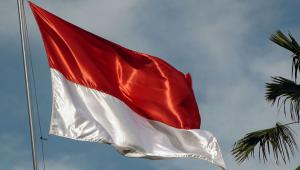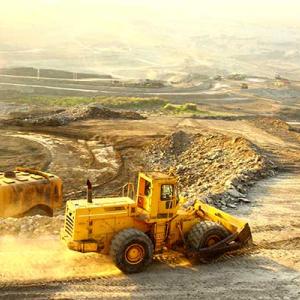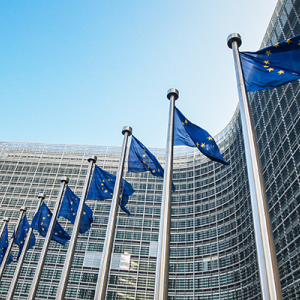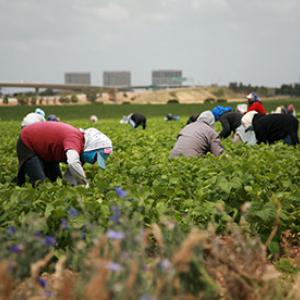maurice_bryson_colour_SP-Global_contributor-provided.jpg

Maurice Bryson
Both policymakers and investors are becoming increasingly aware of the issues surrounding the destruction of nature, with biodiversity loss now an important part of the sustainability agenda.
Yet, while acknowledging the implications of this phenomenon is an important step, finding efficient solutions to mitigate the current crisis is far from straightforward.
Accounting for nature in the assessment of wealth is one potential solution.
Indeed, assessing the services that intact nature provides (otherwise known as ecosystem services) and then ascribing a value to these, could offer a more comprehensive assessment of the total economic cost of production and better represent the effects of both positive and negative externalities on a company’s profits or a country’s overall wellbeing.
The hypothetical cost of nature loss: Brazilian beef production
In practice, putting a price on nature could incentivise its protection.
The Brazilian Amazon, for instance, plays an integral role in regulating the world’s climate, yet deforestation has seen parts of the Amazon now become a carbon emitter rather than a sink.
A key driver of this issue is beef, with 80% of deforestation in the country estimated to be linked to the expansion of pasture.
Using data provided by the Ecosystems Services Valuation Database, S&P calculates that the hypothetical cost of nature loss for beef produced in the Brazilian Amazon in 2020 was around $4bn.
Applying this hypothetical cost to the total revenue of cattle processing in Brazil suggests that, had the price of nature loss been incorporated into the cost of production, it would have represented around 12% of these companies’ revenues in 2020.
In other words, for every $100 sale of beef-related products in Brazil there is potentially an additional unpriced cost of $12.
Of course, current financial accounting standards do not recognise this as an expense and as such, it is not being factored into the price of products.
Should this change, we could see a reduction in consumer demand for beef and, in turn, less deforestation pressure in the Amazon.
In addition, payments for ecosystem services could encourage more forest-friendly farming practices, such as better maintenance of the rainforest.
Recognising the value of nature
From a macroeconomic standpoint, putting a price on nature through ecosystem accounting can make us more aware of our use of, and impact on, nature in the production process.
However, the science behind ecosystem services currently falls short.
Indeed, even when datasets are robust, issues of comparability and heterogeneity can limit their utility.
What is more, supply chains in Brazil are fragmented, with smallholder farmers breeding animals before selling them onto larger farmers who then sell directly to beef processors, making it difficult to trace and track the source of cattle.
Indeed, the indirect supply chain is thought to be up to five times larger than the direct supply chain and the part of the supply chain where deforestation is most likely to occur.
Nonetheless, frameworks, such as the Taskforce for Nature-related Financial Disclosures, are being developed to enable investors to more precisely appraise their exposure to nature-related risks, and other initiatives, such as the UN System of Environmental Economic Accounting, are encouraging the incorporation of natural capital accounting into national accounting systems.
Moving forward, further enhancements to natural capital accounting, such as detailed assessments of deforestation rates and comprehensive ecosystem services valuations, may also provide better visibility into an entity’s exposure to nature loss.














